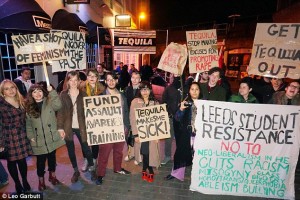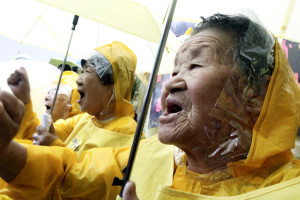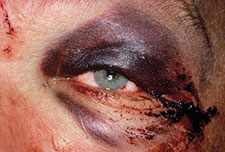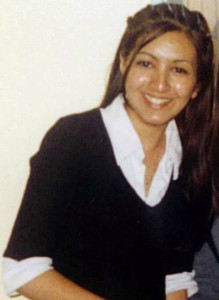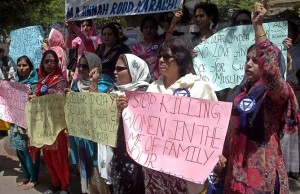Confirmed Itinerary February 16- May 24 2016
Feb 16 St Edmundsbury Cathedral: ‘Roots of Violence’
Feb 21 Radio Ulster: Sunday Sequence
Feb 21 BBC 1 Big Question- Is Atheism the Rational Choice
Feb 21 Radio Suffolk: Jon Wright interview – Scars Across Humanity
Feb 26-28 Sidmouth – Tavistock church weekend – Creation, sin, redemption
Feb 29 -March 4 Scargill House: Micah’s prophecy today
http://www.scargillmovement.org/events.aspx
March 5 York – International Women’s Week. York Central Library 2.30
https://www.eventbrite.co.uk/e/scars-across-humanity-understanding-and-overcoming-violence-against-women-tickets-20896910221
March 6 Preaching: Elim Church, York
March 10 Nottingham University public lecture 7pm
http://www.nottingham.ac.uk/chaplaincy/events/scars-across-humanity-public-lecture.aspx
March 29 Spring Harvest Skegness: S. H. book launch
April 1-7 Spring Harvest, Minehead – seminars on gender and ethics
April 14-20 USA Princeton NJ: Abraham Kuyper Award.
April 14th Public lecture: Princeton Seminary
April 15/16th Kuyper Conference, Princeton
April 23-25 Chestertown MD
May 4/5 Georgetown University, Washington. Power Shift Conference
May 5 ‘Faith’ Panel – Women Business Leaders
May 22 St Peter’s College Oxford – evensong: ‘Global inequality’
May 24 Manchester Cathedral – meet the author.
More details to follow
Recent Media broadcasts
Is atheism the rational choice? (BBC’s The Big Questions, 21 Feb 2016)
http://www.bbc.co.uk/programmes/b0721q2b (41 mins in) 
How far can faith influence the public space? -Sunday Sequence BBC Ulster
 http://www.bbc.co.uk/programmes/b07174vr
http://www.bbc.co.uk/programmes/b07174vr
(33 mins into programme)
Scars Across Humanity. Interview by Jon Wright, Radio Suffolk
http://www.bbc.co.uk/programmes/p03hh9zw (1 min into programme)

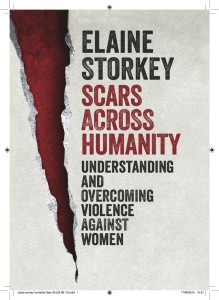

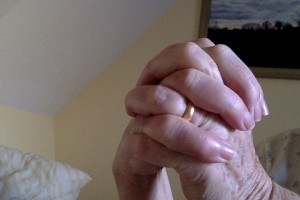


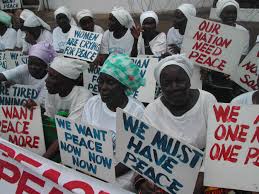
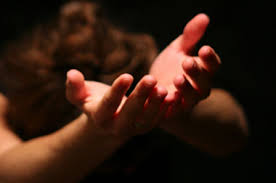 I meet people who tell me how lucky I am to have faith and I remind them that faith is a free gift from God given to all but it is not always easy to receive. Hard hands find it hard….full hands find it hard…..for to receive the gift of faith we need open hands and an open heart.
I meet people who tell me how lucky I am to have faith and I remind them that faith is a free gift from God given to all but it is not always easy to receive. Hard hands find it hard….full hands find it hard…..for to receive the gift of faith we need open hands and an open heart.

